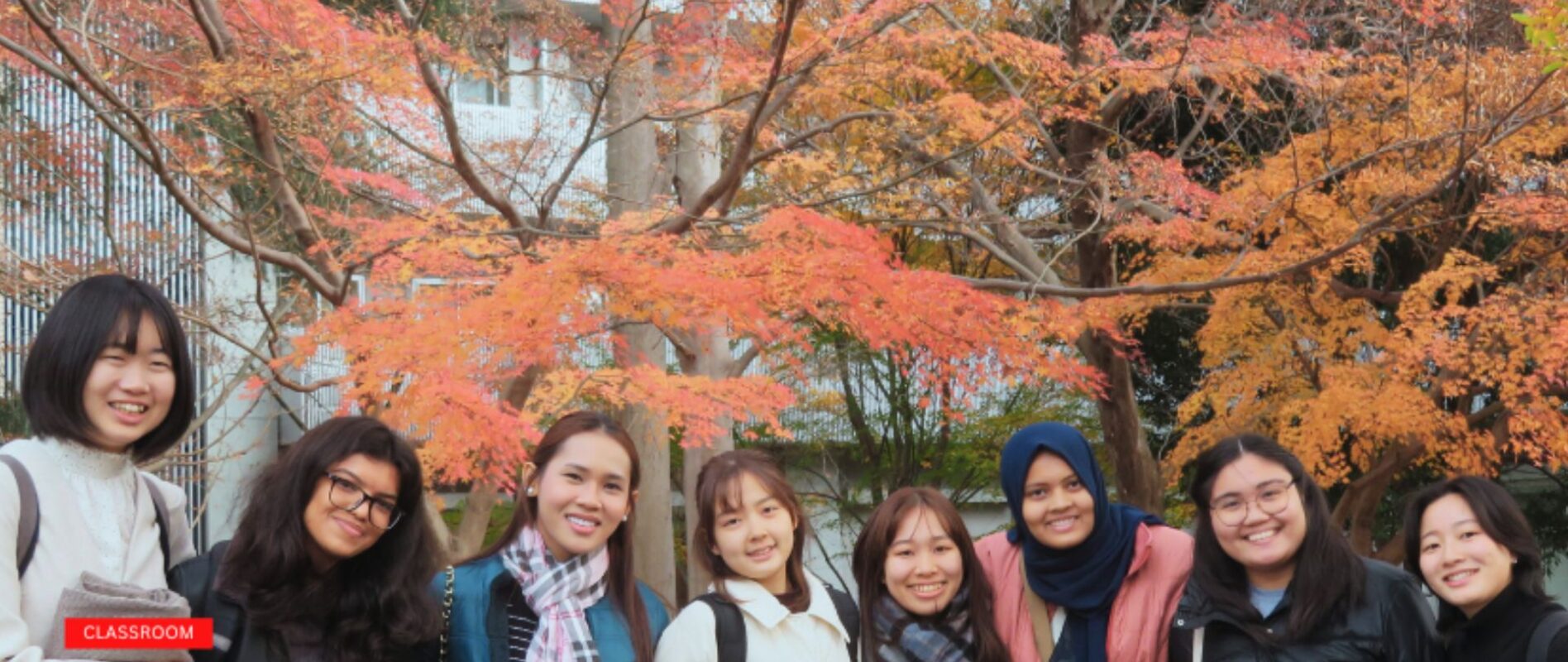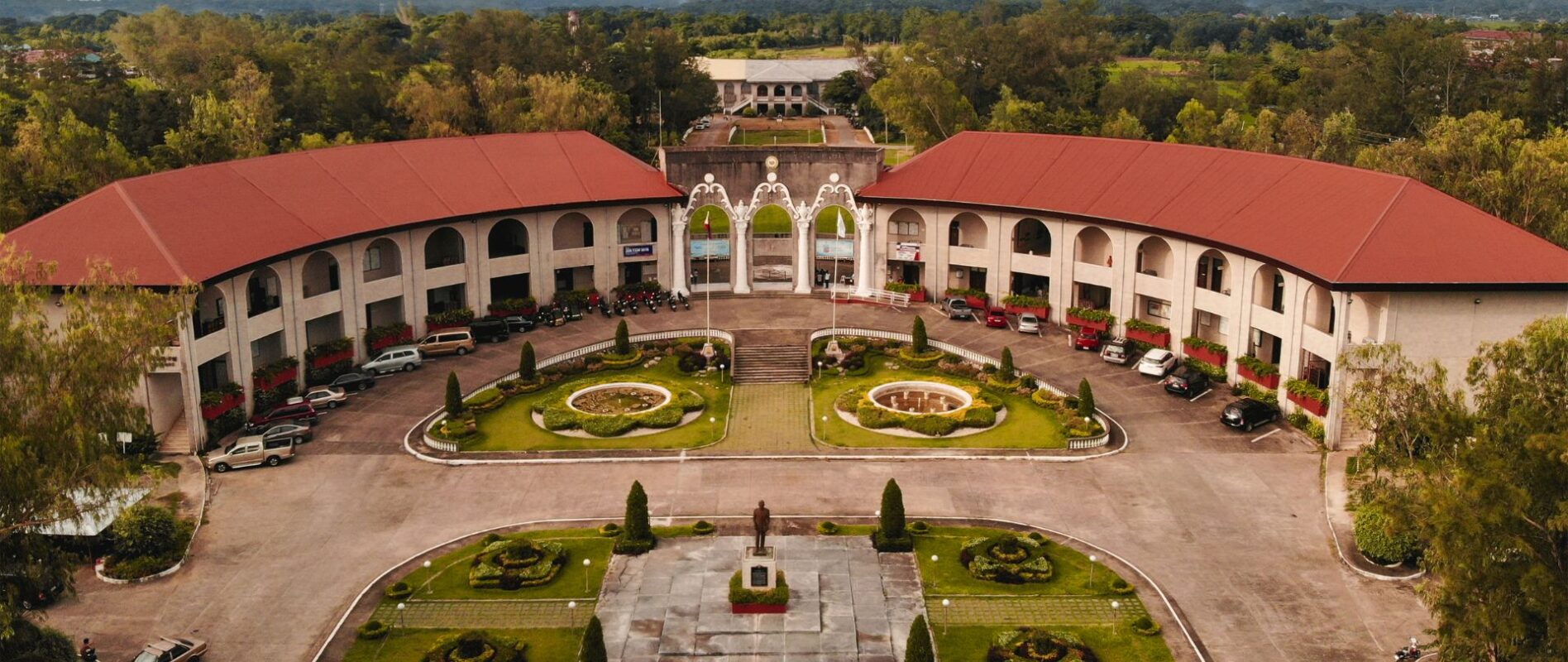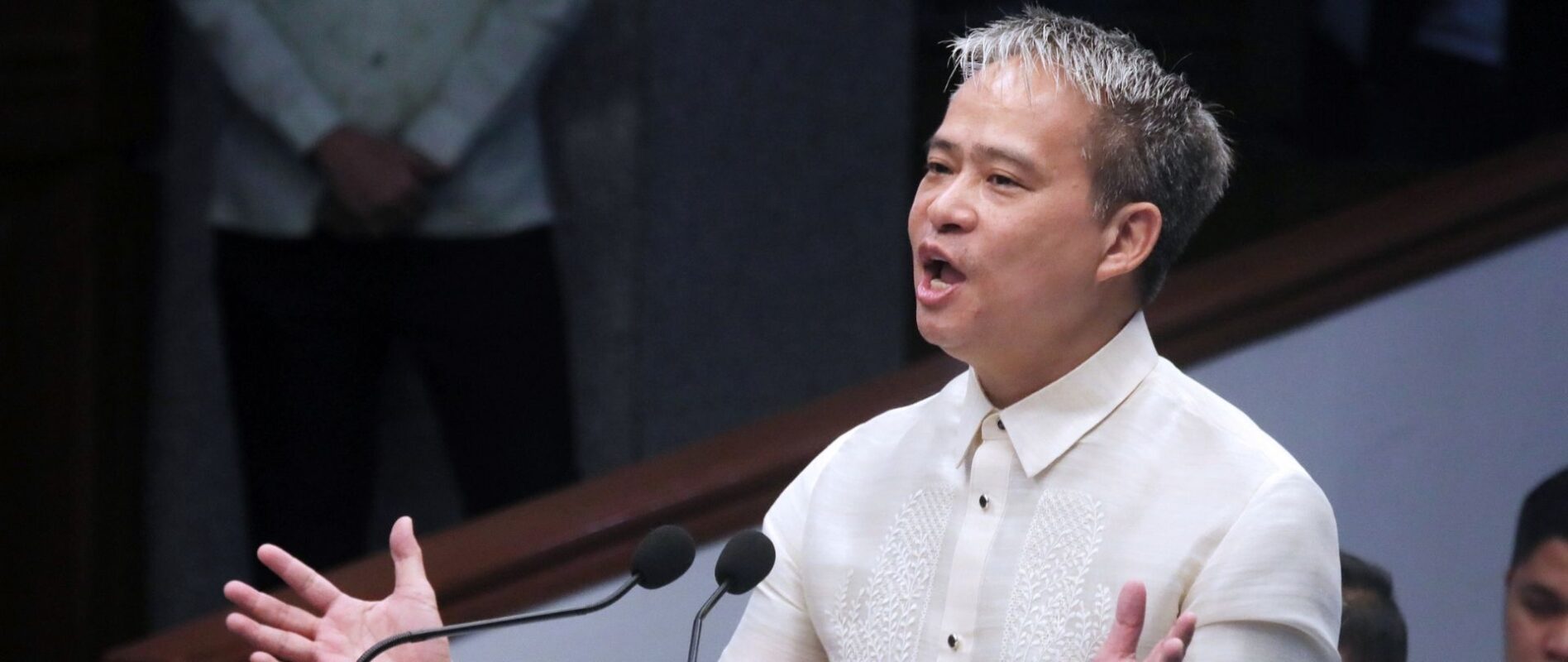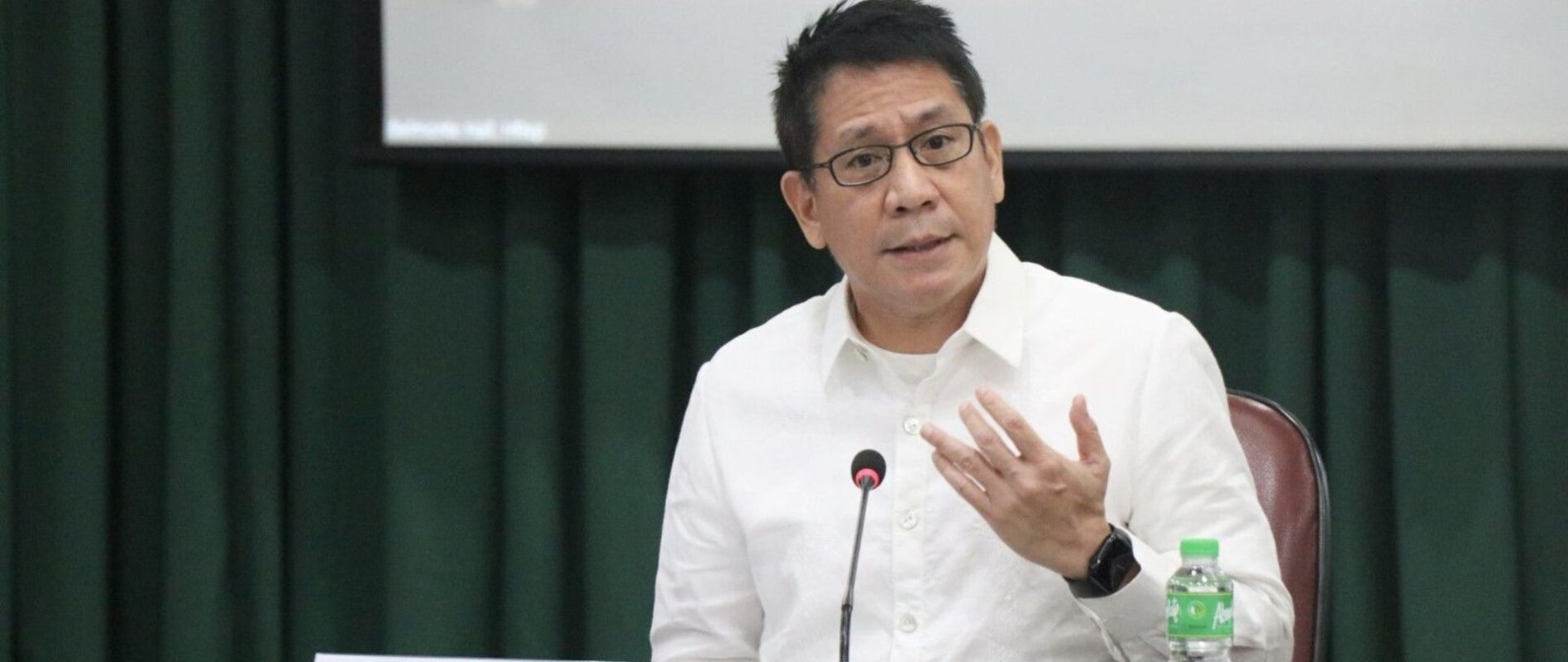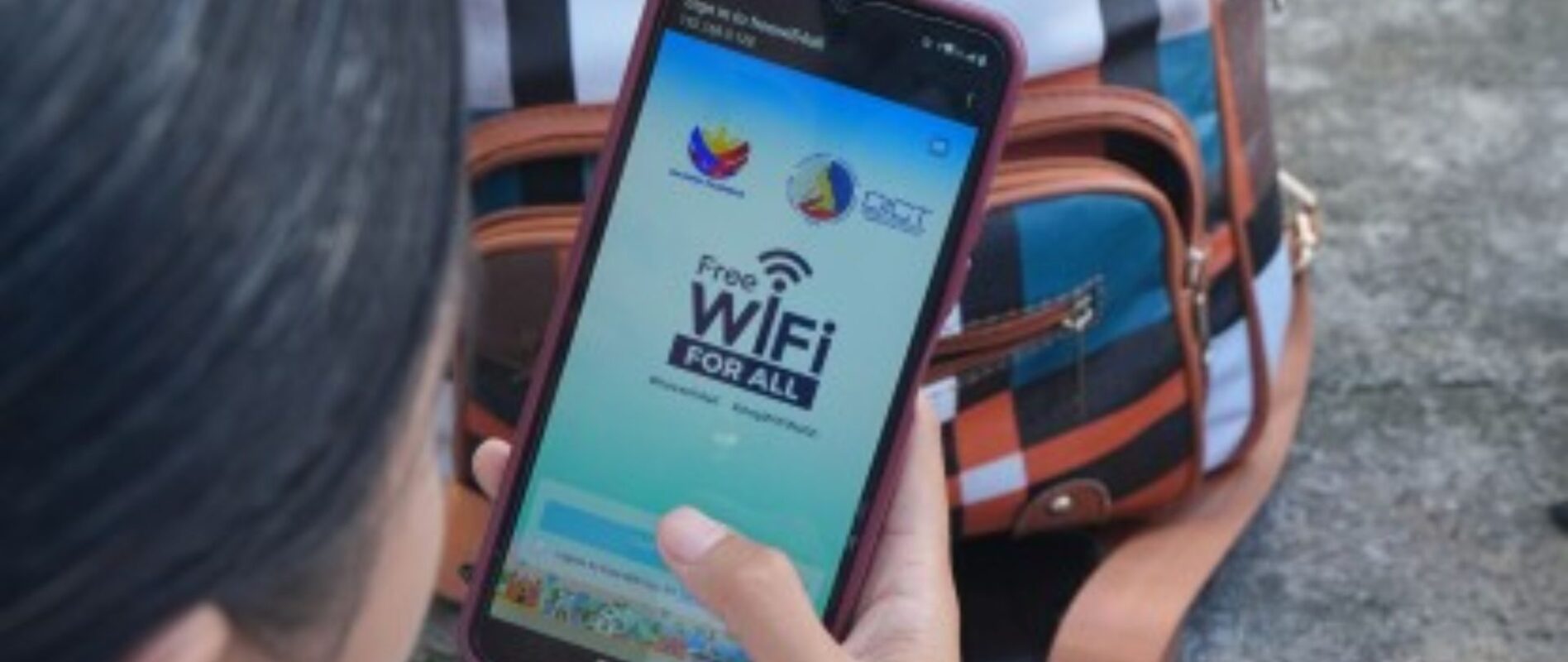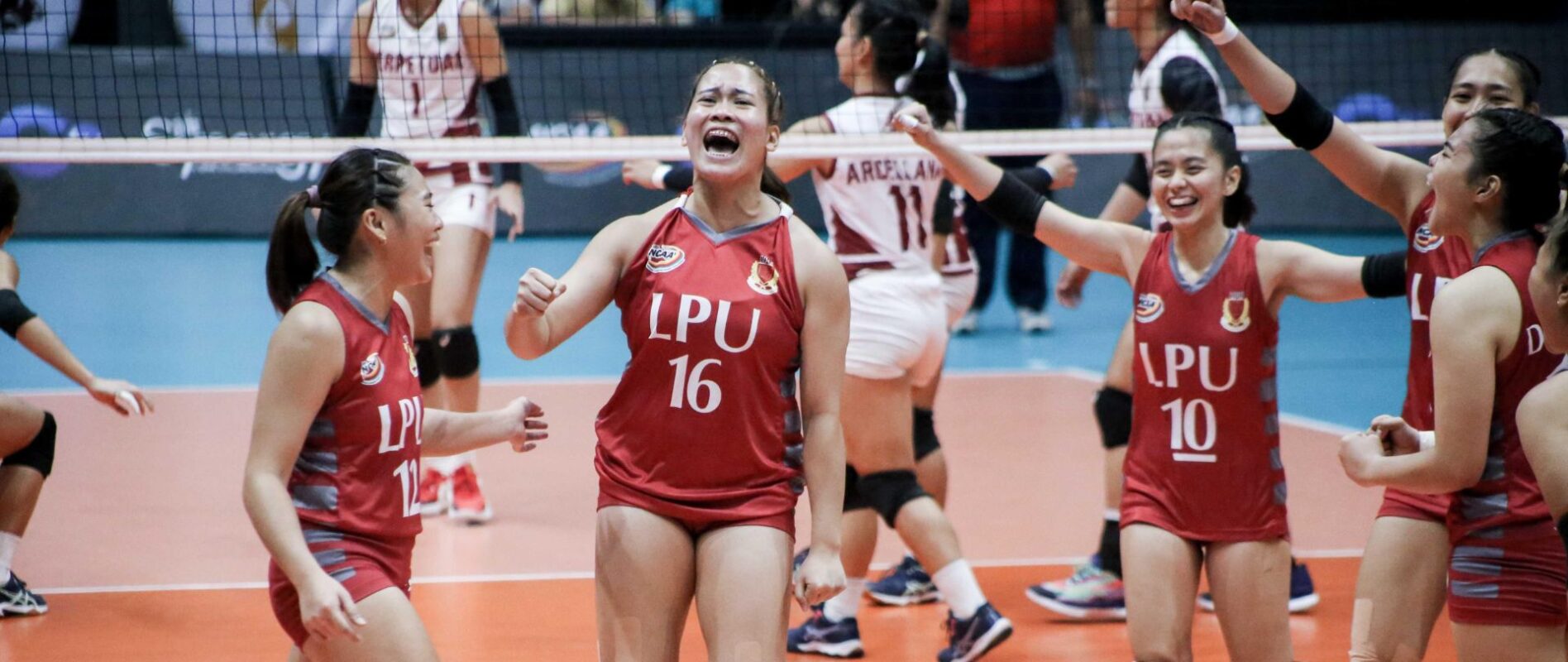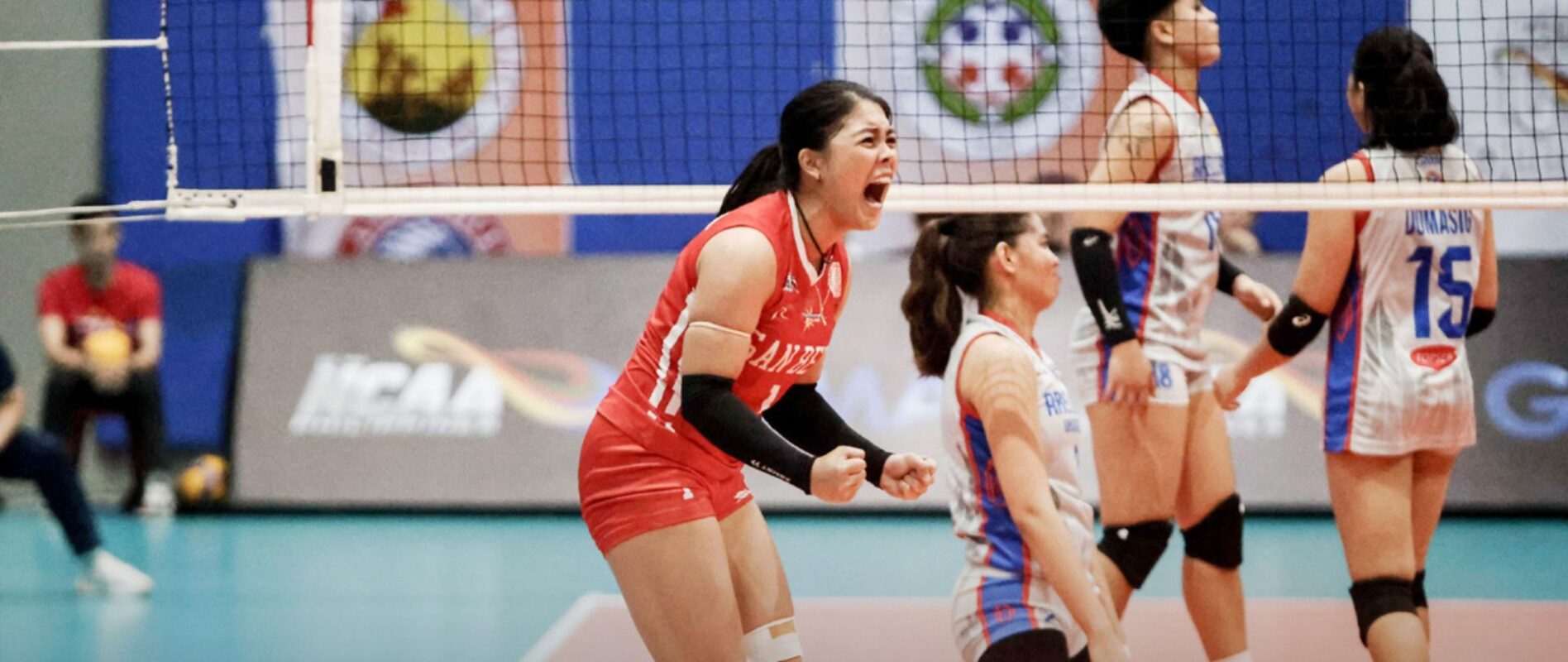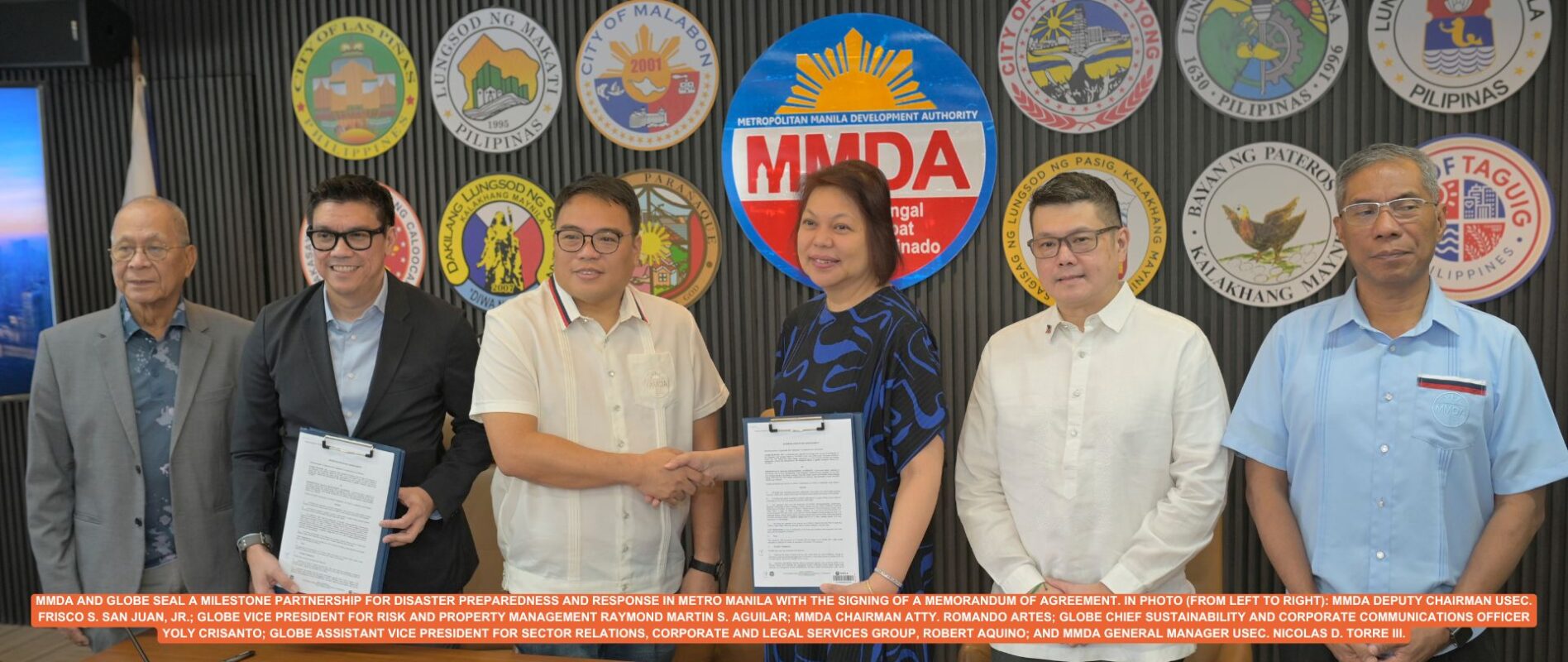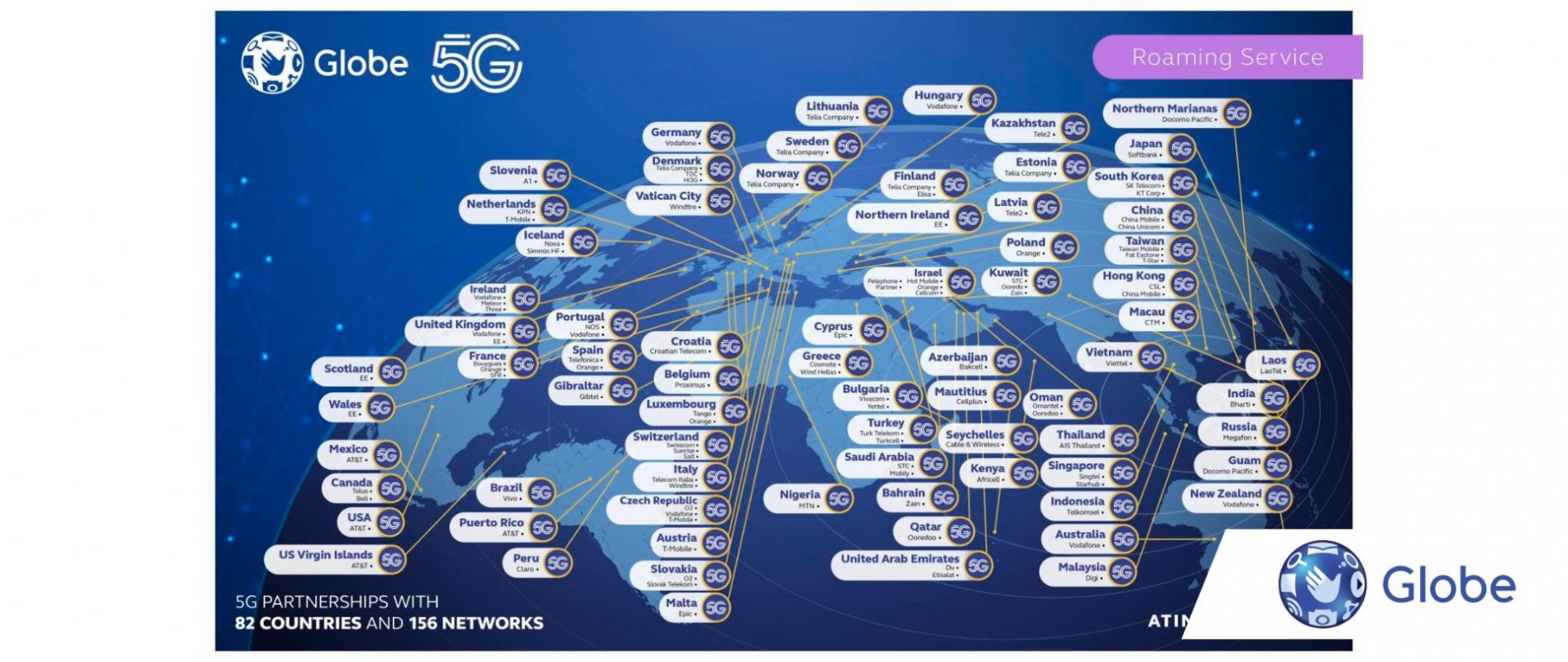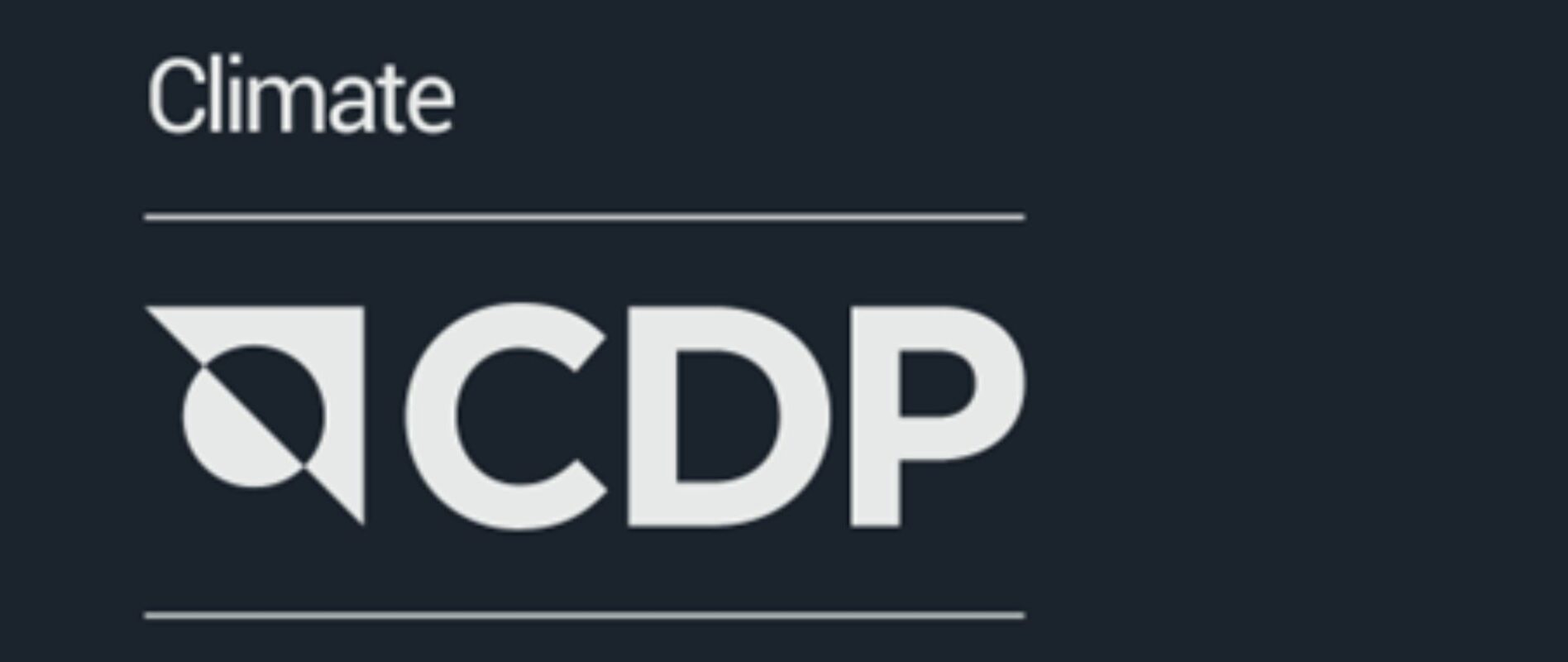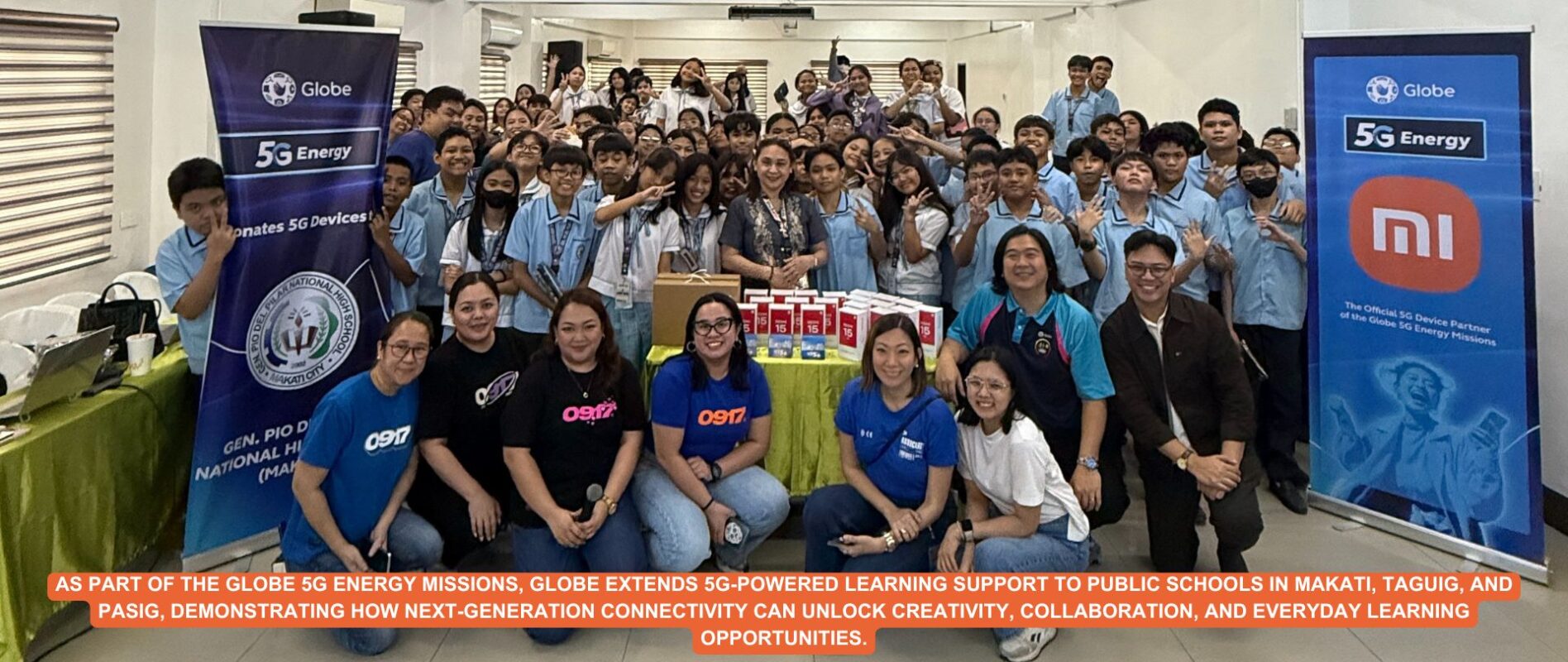DEPED SERVES 2.5M IP LEARNERS
THE DEPARTMENT of Education has served more than 2 million IP learners in 42,176 public schools in the first decade of the Indigenous Peoples Education Program.
The National Indigenous Peoples Education Policy Framework was formulated in 2011 after consultations with IP leaders and elders. The policy adopts a rights-based approach and directs the implementation of an education that is anchored on the social and cultural context of IP learners.
“IPEd program is DepEd’s response to the right of indigenous communities and indigenous learners to an education that is responsive to their context. It respects their identities, and it values and promotes their knowledge systems, and their competencies, and the values that are important to them, and of course, the other parts of their heritage,” Maria Lourie Victor, head of the Indigenous Peoples Education office, said.
Despite the extreme impact of the pandemic to IP communities, the enrollment of IP learners in public schools for School Year 2020-2021 reached 98.49 percent of the previous school year.
Some of the continuing initiatives for IP learners are the contextualization of lesson plans, use of the local language for teaching, having elders as teachers and mentors, using the ancestral domain as classroom, establishing IPEd Senior High School, hiring more teachers who know the knowledge and the culture, and delivering more facilities.
To sustain IPEd in schools in School Year 2021-2022, the department aims to have additional funds to ensure learning continuity.
The DepEd also plans to support long-term community development through education initiatives that can promote responsive and pandemic-relevant indigenous community knowledge, like indigenous farming and health systems, through the rural farm schools, senior high school offerings, and similar initiatives. The IPEd Program also seeks to align with the call of UNESCO that all curricula are to have education for sustainable development as its core by 2025.
“And so moving forward, we continue with our journey of solidarity with indigenous communities so that together we are able to care for our IP learners as they grow into the future,” Victor said.


